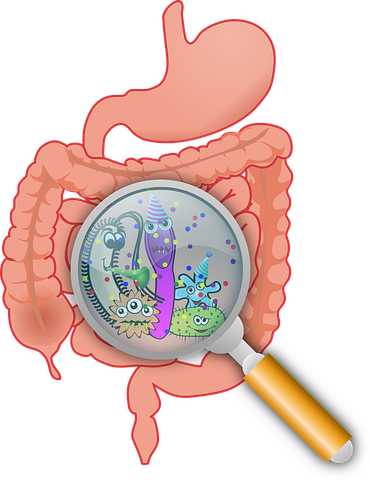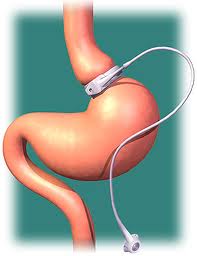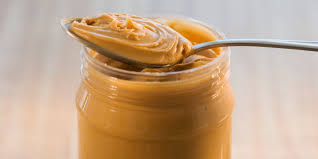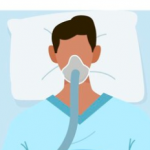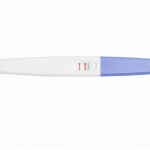In the past decade, it has become increasingly clear that our gut bacteria play an important role in our health and a variety of medical conditions – and obesity is no exception.
A recent review updates us on the mind-boggling complexity of these interactions. Here are some key points:
1. Gut bacteria talk to our nervous system. They can not only influence the development of the nerves in our intestines, but they also communicate with our intestinal nervous system either directly, or via chemicals released by the bacteria. A direct relationship between our intestinal nervous system, gut bacteria, and obesity has not (yet) been clearly demonstrated, but research is ongoing to explore this further.
2. Gut bacteria influence the production of important hormones in our gut. This includes GLP-1 and PYY, two hormones that are important satiety messages to tell our brains that we feel full. Gut bugs can also modulate intestinal endocannabinoid tone, which has an impact on inflammation and gut hormone secretion.
3. Gut bacteria produce metabolites that influence our metabolism. This includes short chain fatty acids, acetate, and bile acids.
4. Gut bacteria may modulate neurotransmitters not only in the body, but also in the brain. This is based mostly on animal data and needs to be explored further in humans, but on the list of neurotransmitters that may be affected are serotonin, adrenaline, GABA, and others.
5. Inflammation: We know that people with obesity and metabolic syndrome have a state of low grade inflammation. This inflammation likely comes from a number of sources, one of which is the gut bacteria. Certain types of gut bugs may release lipopolysaccharides into our bloodstream, which is a trigger for inflammation and insulin resistance.
BOTTOM LINE: The effects of gut bugs on weight and metabolic syndrome are complex, and what we know so far is just the tip of the iceberg. Hopefully in time we can learn enough to be able to change gut bugs in favour of healthy metabolism, perhaps via probiotics, prebiotics, or other avenues.
Follow me on twitter! @drsuepedersen
www.drsue.ca © 2018

